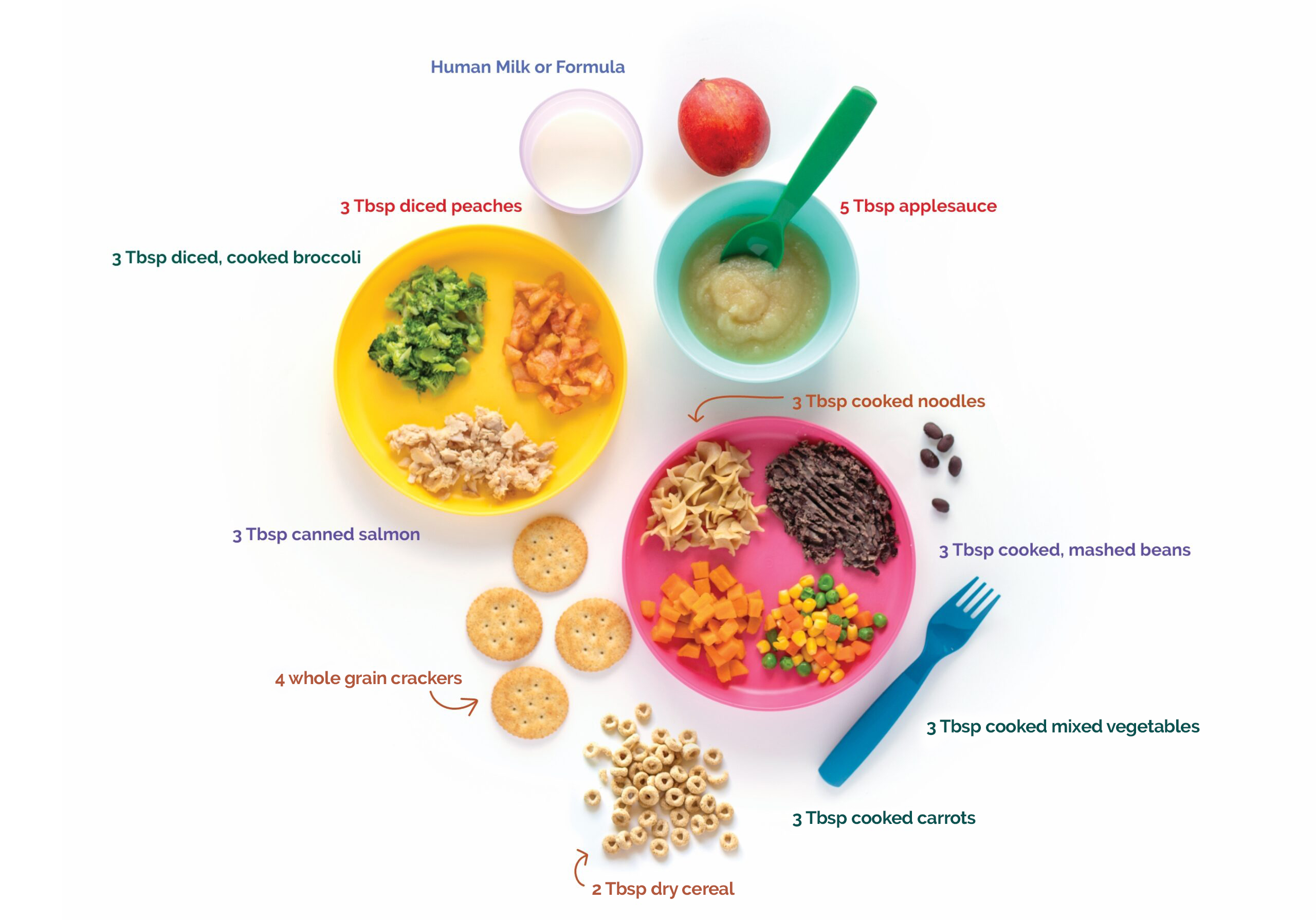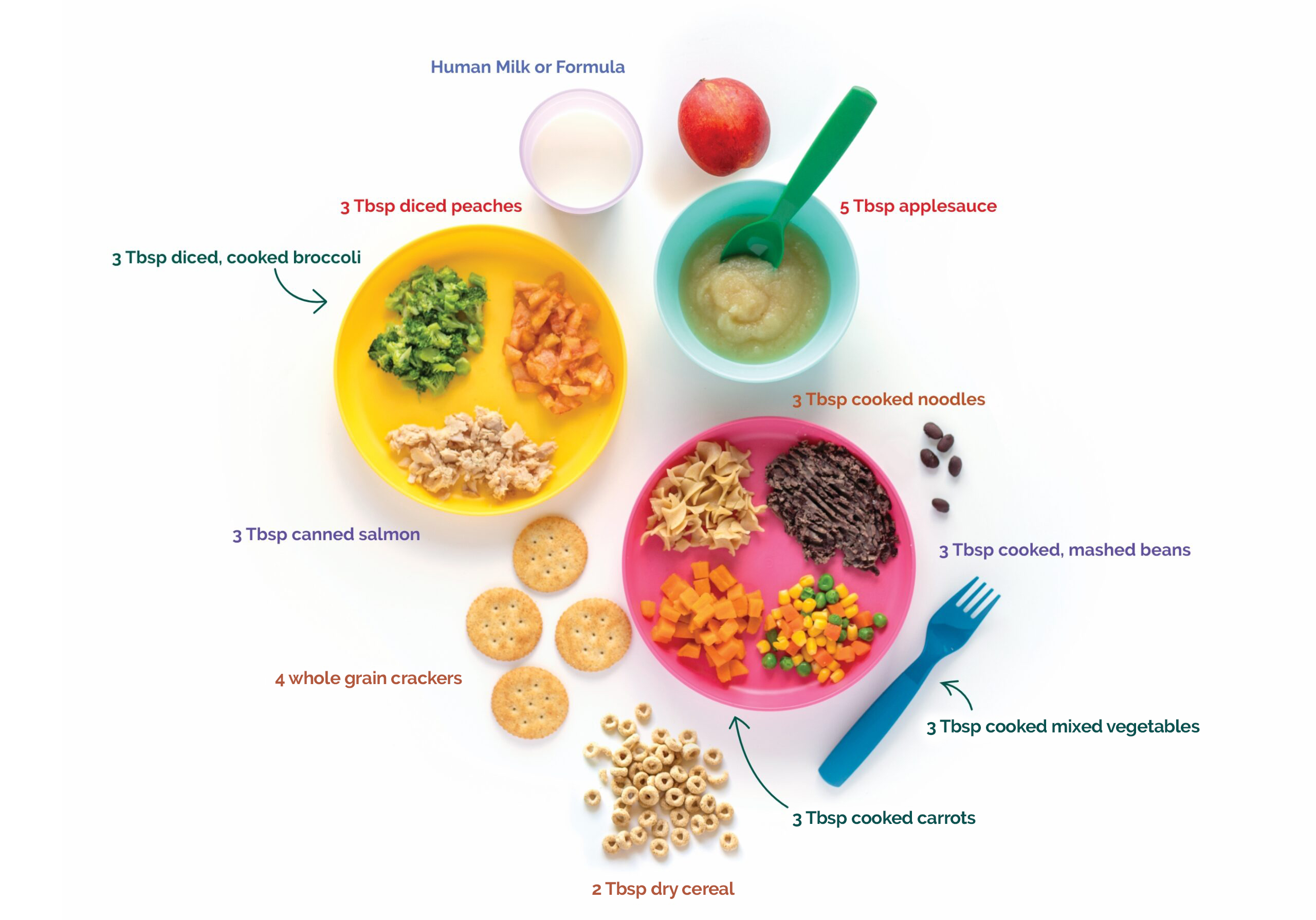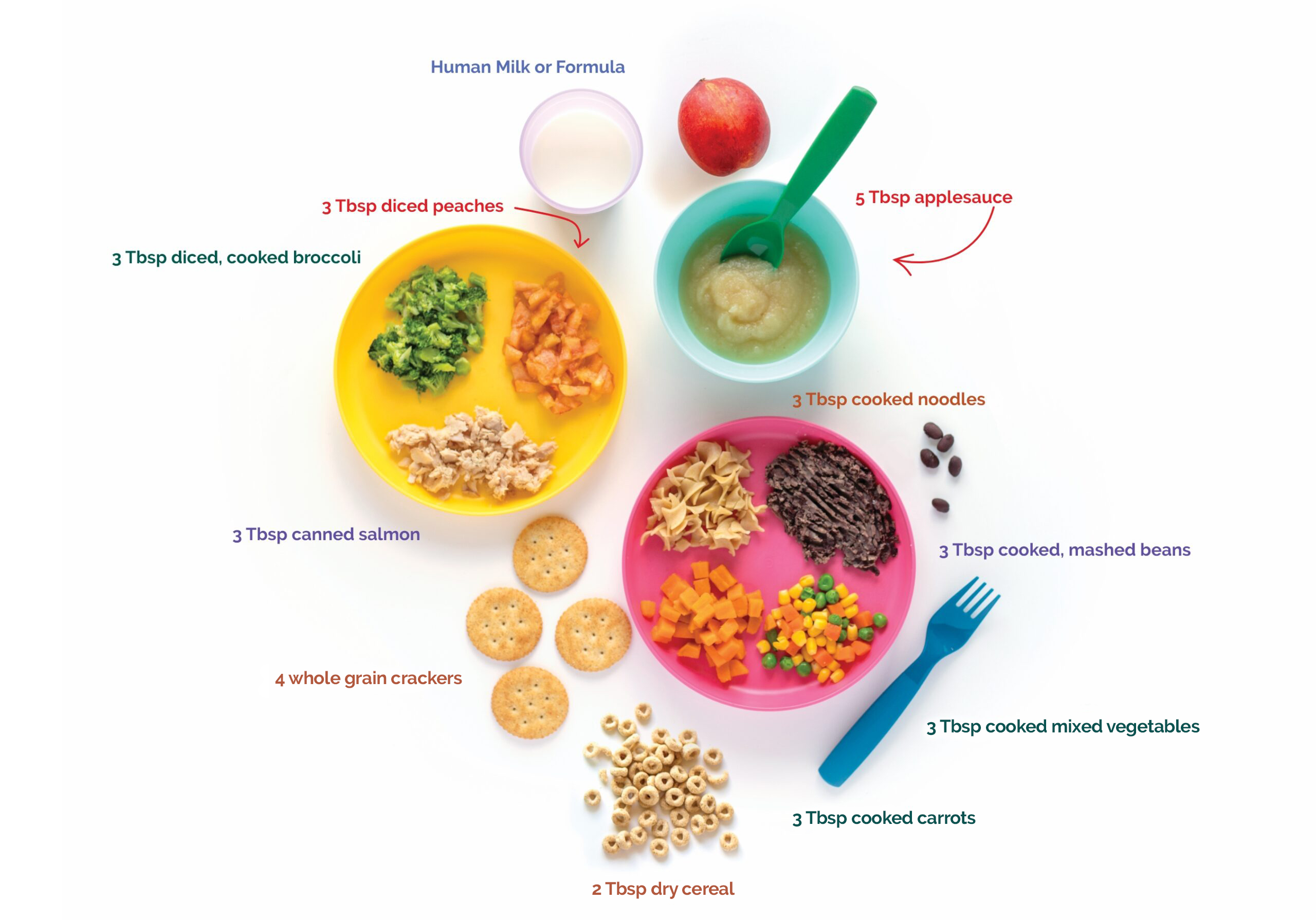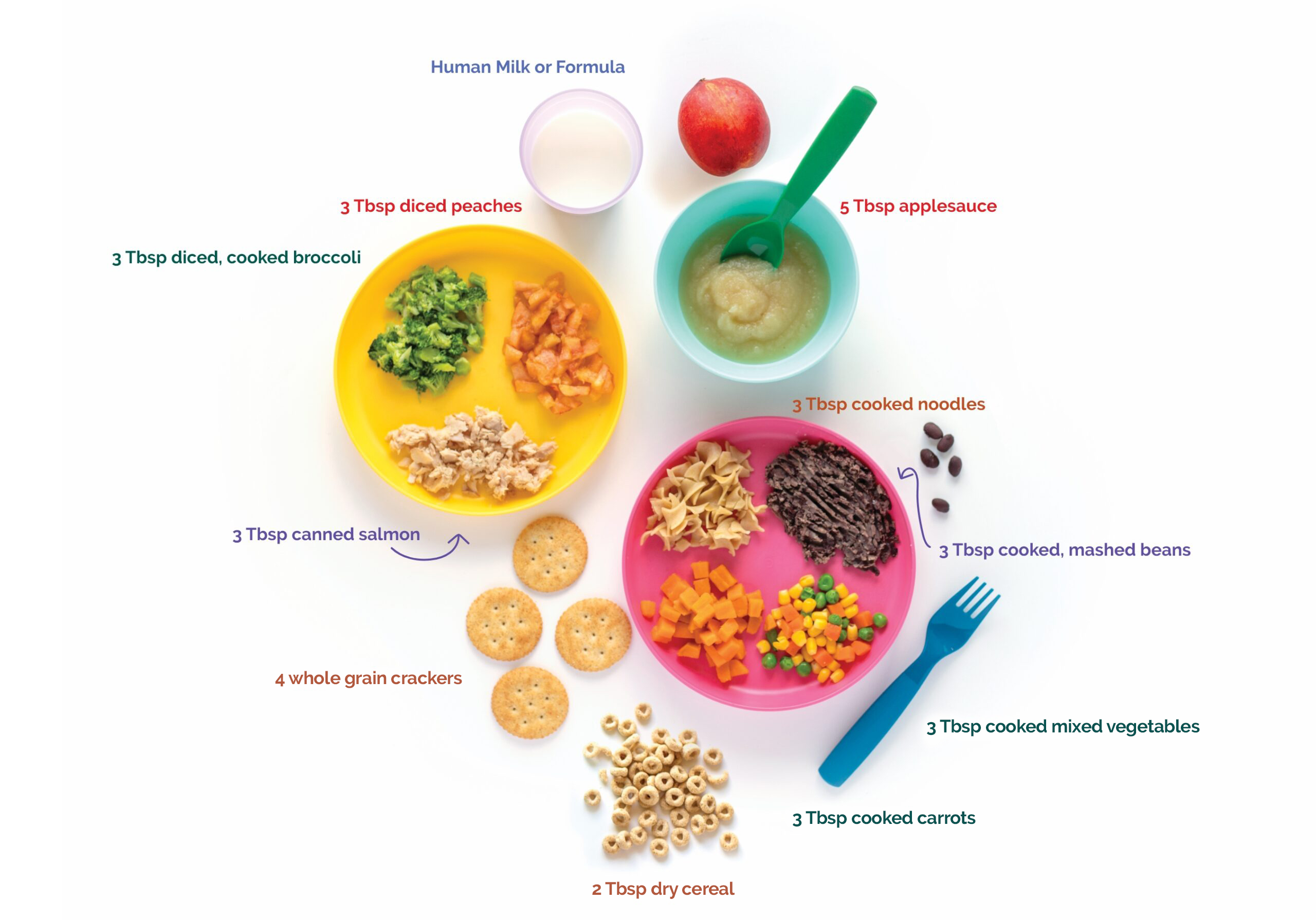Belly pain, bloating, and unpredictable bathroom trips can be tough for anyone, including kids. As a parent, understanding common gut conditions like irritable bowel syndrome (IBS) and inflammatory bowel disease (IBD) can help you make informed decisions for your family’s health. While these two conditions share some symptoms, and both can make day-to-day life challenging, they’re very different when it comes to causes and treatments. Let’s break it down and explore simple ways to keep your family’s gut healthy.

What’s Your Gut Trying to Tell You? Understanding IBS and IBD
- Home
- Live Well Blog
- What’s Your Gut Trying to Tell You? Understanding IBS and IBD
February 12, 2025
General /Family
Q&A
Questions & Answers
WHAT IS IBS?
Irritable bowel syndrome (IBS) is a common condition that affects how your stomach and intestines (your gut) work. It impacts about 1 in 7 people, but many may feel too embarrassed to talk about it. While IBS doesn’t damage the gut, it can cause some pretty uncomfortable symptoms, like:
- Cramping or belly pain
- Bloating and gas
- Diarrhea, constipation, or both
- Changes in the frequency or appearance of bowel movements

WHAT TRIGGERS IBS?
IBS symptoms can flare up because of certain foods, stress, or changes in gut bacteria. Some people get IBS after a bad stomach infection. Hormonal shifts and stress can also make symptoms worse.
WHAT IS IBD?

Inflammatory bowel disease (IBD) includes conditions like Crohn’s disease and ulcerative colitis. Unlike IBS, IBD involves ongoing inflammation in the gut that can cause long-term damage without treatment. IBD symptoms can vary for everyone, though often include:
- Frequent, loose bowel movements (diarrhea)
- Abdominal pain
- Unintentional weight loss
- Rectal bleeding
- Nausea and vomiting
- Urgency to have a bowel movement
- Fatigue and fever
- Joint pain
- Eye inflammation
- Skin rashes
- Delayed growth and development in children

WHAT CAUSES IBD?
The exact cause of IBD isn’t clear, but may happen due to:
- Immune System Problems: Sometimes, the immune system gets confused and attacks healthy parts of the gut, causing inflammation.
- Family History: If someone in your family has IBD, you’re more likely to have it too.
- Environmental Triggers: Certain foods, stress, or infections might bring on symptoms, especially if you’re already at risk.
- Gut Bacteria Changes: When the balance of good and bad bacteria in your gut is off, it may lead to inflammation and other issues.

When should you see a doctor?
Reach out to a healthcare provider if you or your child experience:
- Unexplained weight loss
- Ongoing diarrhea or constipation
- Blood in the stool
- Severe or worsening belly pain
When should you seek care?
It’s important to catch IBD early. Doctors may use tests like colonoscopies and other imaging tests to spot inflammation. Treatments often include medications to calm the inflammation, suppress the immune system, or in some cases, surgery may be necessary. Currently, there is no cure for IBD, so the focus of treatment is on managing symptoms, reducing inflammation, and achieving periods of remission (when there are no active symptoms of the disease).

Healthy Habits for Gut Health
Whether you’re managing IBS, IBD, or just looking to support better digestion, small changes can make a big difference. Here’s how:

Eat a balanced diet
- Go for fiber: Whole grains, fruits, and veggies keep digestion on track.
- Watch for triggers: Some foods—like dairy, spicy dishes, sugary treats, or fizzy drinks—can make symptoms worse.
- Try low-FODMAP foods: This diet limits certain sugars that may cause digestive issues. Always check with a healthcare provider before making any drastic changes to your or your child’s diet.

Stick to a meal routine
- Eat smaller meals every 3-4 hours.
- Don’t skip meals—irregular eating can upset your gut.
- Chew your food well and eat slowly.
- Eat mindfully – put down the cellphone, turn off the TV, and reduce or eliminate other distractions so you can simply focus on eating.

Stay hydrated
- Drink plenty of water throughout the day.
- Limit caffeine and alcohol, which can irritate your digestive system.

Manage stress
- Practice relaxation techniques like deep breathing or yoga
- Stay active—even a daily walk helps.
- Use mindfulness apps to manage anxiety.

Get professional support
- If symptoms persist, a healthcare provider can help with additional testing, treatments, or dietary advice.
- For kids, a pediatrician can recommend tailored care to ensure proper growth. Talk with a WIC Nutritionist about foods that help support gut health.
Help your family feel their best!

IBS and IBD can be challenging, but small changes to your family’s diet, routine, and stress management can make a big difference. By building healthy habits and working with your healthcare team, you can support better gut health and overall well-being. Remember: when it comes to taking care of yourself and your family’s health, trust your gut. If something feels off, reach out for help. You and your family deserve to feel healthy and well!
Learn more about IBS and IBD, and find additional support resources from the Chron’s & Colitis Foundation: https://www.crohnscolitisfoundation.org/.
REFERENCES:
Mayo Clinic. Irritable Bowel Syndrome. https://www.mayoclinic.org/diseases-conditions/irritable-bowel-syndrome/symptoms-causes/syc-20360016
Kansas Health System. https://www.kansashealthsystem.com/news-room/blog/0001/01/ibs-ibd-difference
Crohn’s & Colitis Foundation. IBS vs IBD. https://www.crohnscolitisfoundation.org/patientsandcaregivers/what-is-ibd/ibs-vs-ibd
Gastroenterology Consultants of San Antonio. Low FODMAP Diet – FODMAP Foods. https://www.gastroconsa.com/wp-content/uploads/2019/09/Low-FODMAP-Diet-FODMAP-Foods-Updated.pdf























